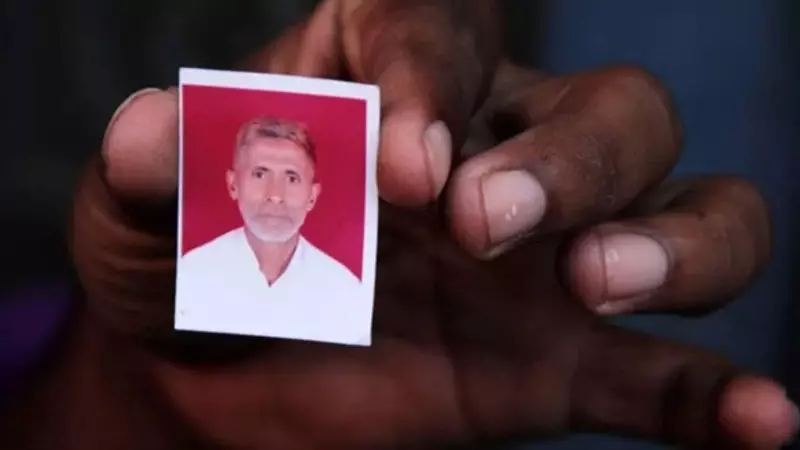
A Decade After Dadri Lynching: Justice in Question
Ten years after the brutal lynching of Mohammad Akhlaq in Dadri's Bisada village, the Uttar Pradesh government has taken a controversial step that has reignited debates about justice, equality, and the social contract in India. Earlier this month, the state government filed a petition seeking to withdraw prosecution against all accused in the high-profile case that shocked the nation in 2015.
The Horrific Incident and Its Aftermath
Mohammad Akhlaq was beaten to death by a mob on September 28, 2015, following rumors that he had slaughtered a cow and stored beef in his refrigerator. The incident occurred when New India was still new after the 2014 general elections, and many saw the lynching as confirmation of their worst fears about the country's secular ethos.
The aftermath of Akhlaq's killing revealed disturbing patterns that would become increasingly familiar in the years that followed. Instead of focusing solely on bringing the perpetrators to justice, police investigations initially delved into whether the meat in Akhlaq's fridge was indeed beef. Political leaders from the ruling party were perceived as equivocating in their condemnation, and when one of the accused died reportedly of natural causes, his body was draped in the tricolour.
The Rise of Cow Vigilantism and Selective Justice
Akhlaq's death marked the beginning of an era where cow vigilantism entered India's political, social, and legal vocabulary. In the decade since, numerous individuals—mostly Muslims and sometimes Dalits—have faced assault, humiliation, and even death at the hands of vigilante groups. Often, cases have been registered against the victims or their families rather than the perpetrators.
The case of 15-year-old Junaid Khan, who was killed merely for bearing the sartorial marks of being Muslim, exemplifies how the landscape of violence has evolved. The UP government's current petition to cease prosecution, while still subject to court approval, sends a clear message: the state may be half-hearted in pursuing justice for certain crimes and certain victims.
Broader Implications for India's Social Contract
The decision raises fundamental questions about India's justice system and social contract. In modern legal systems, crimes are considered not just offenses against individuals but breaches of the state's guarantee to ensure that violence is used only through due process and law. The state's might is supposed to stand with victims regardless of the perpetrator's power, station, or wealth.
What does it mean when the state appears reluctant to prosecute what the writer describes as a most heinous crime? The article contrasts two perspectives: the old view where the social contract transcends political fluctuations, and the new view where political power becomes a mandate to rewrite fundamental promises of liberty, equality, and fraternity.
While persecution and violence against minorities are not new to India, what has changed is the normalization and sometimes celebration of such acts. The writer notes that rarely before did people record their crimes and take pride in humiliation, or see crowdfunding to support those accused of lynching.
As the court considers the UP government's petition, the Akhlaq case continues to force Indians to confront uncomfortable questions about whether some victims matter less than others, and whether some crimes are destined to remain without perpetrators in today's India.






